HOME MORTGAGE OPTIONS
GET PRE-QUALIFIED NOW!
Our free, quick and easy application will start your homeownership journey in just a few minutes.
HOME MORTGAGE OPTIONS
When it comes to home mortgages, the amount of options can feel overwhelming. Whether you’re a first-time homebuyer, purchasing a new home, or want to refinance your existing mortgage, it’s important to understand the different types of home mortgages available and which best fit your goals.
Generally, there are four primary types of home mortgages: Government Backed Loans, Conventional Loans, Non-Qualified Loans, and Non-Conforming Loans. Government Backed Loans, such as VA loans and FHA loans, are loans that are insured by the federal government, have lower credit score and down payment requirements, and have potentially higher interest rates. Conventional Loans are not backed by the federal government, typically require higher credit score and down payments, but may have lower interest rates. Non-Qualified Loans encompass various loan options that do not meet specific criteria set by regulatory bodies, making them suitable for individuals with unique financial situations. Non-Conforming Loans, including jumbo loans, are those that exceed the standard loan limits and do not conform to government-sponsored enterprises’ guidelines.
Whatever type of loan you choose, most will give you a choice between a fixed or adjustable interest rate. With a fixed interest rate, the interest rate percentage remains the same throughout the life of the loan, offering predictability and stability. With an adjustable interest rate, the interest rate percentage may start lower than a fixed rate but can increase over time, depending on various factors present in the market.
Choosing the right mortgage depends on your financial situation and personal preferences. You can read all about our Home Mortgage Options below, or call our team of home mortgage professionals at any time! We’re here to help you navigate the home buying process and choose the loan option and interest rate type that works best for you.
A fixed rate mortgage, also referred to as a fixed interest rate mortgage, is a type of loan where the interest rate remains constant for the entire duration of the loan or investment. This means that the interest rate does not change, regardless of fluctuations in market conditions or external factors. Fixed rate mortgages are commonly utilized in various financial products such as mortgages, car loans, and personal loans. They provide borrowers with the certainty and stability of knowing exactly what their monthly payment will be throughout the life of the loan, making it easier to budget and plan for the future. Fixed rate mortgages are typically set based on the prevailing interest rates at the time the loan is made and are locked in for the duration of the loan.
LEARN MOREAn adjustable rate mortgage (ARM) refers to a mortgage where the interest rate is subject to change over time. Unlike a fixed rate mortgage, where the interest rate remains constant throughout the loan term, an adjustable rate mortgage's interest rate fluctuates based on various factors such as market conditions, economic indicators, or specific terms outlined in the loan agreement. The adjustment intervals can vary, with common periods being annually, semi-annually, or monthly. When the interest rate adjusts, the borrower's monthly payments may increase or decrease accordingly.
LEARN MOREGOVERNMENT BACKED LOANS
A government-backed loan is a type of loan that is guaranteed or insured by a government agency. This means that the government agency agrees to repay the lender if the borrower defaults on the loan. Government-backed loans are often provided to individuals who may not qualify for traditional loans due to factors such as limited credit history or lower income. In the US, some common examples of government-backed loans include FHA loans, VA loans, and USDA loans. These loans can offer lower interest rates and more flexible eligibility requirements, but borrowers should carefully consider the terms and ensure they can make required payments over the long term.
FHA LOANS

An FHA loan is a mortgage that’s backed by the Federal Housing Administration, making it a popular choice for first-time homebuyers. These loans require lower minimum credit scores and down payments than many conventional loans, which can make it easier for borrowers to qualify and become homeowners.
VA LOANS

The VA loan program, available to eligible veterans and active-duty service members, guarantees loans made under the program and sets the rules for qualification and loan terms. Some VA loans have no down payment requirement, making homeownership more accessible for veterans and service members.
USDA LOANS
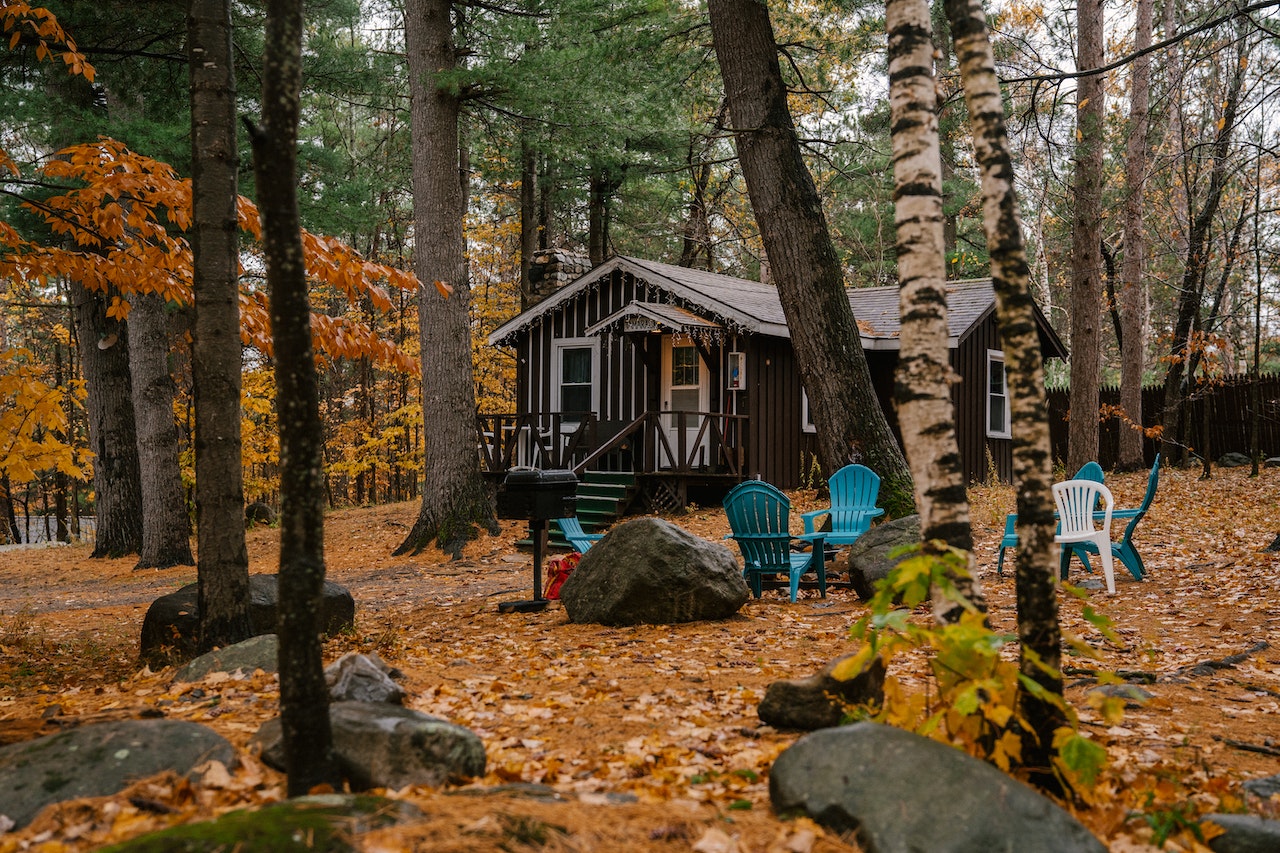
A USDA loan is a zero-down-payment mortgage for homebuyers in eligible towns and rural areas. Loans are guaranteed by the USDA Rural Development Guaranteed Housing Loan Program. Most are issued by partner lenders, or granted by them directly to qualified borrowers with incomes below a certain limit.
CONVENTIONAL LOANS
A conventional loan is a type of mortgage that’s not guaranteed or insured by the government. Instead, these loans are funded and serviced by private lenders, such as banks, credit unions, and mortgage companies. Conventional loans typically require higher credit scores, income levels, and down payments than government-backed loans, but they may offer more flexibility in terms of loan amounts, repayment periods, and interest rates. Borrowers with good credit and financial stability may benefit from choosing a conventional loan, as they often offer competitive rates and terms.
CONVENTIONAL HOME LOANS

A conventional loan is any mortgage loan that is not insured or guaranteed by the government (such as under Federal Housing Administration, Department of Veterans Affairs, or Department of Agriculture loan programs). Conventional loans can be conforming or non-conforming.
MANUFACTURED HOME LOANS
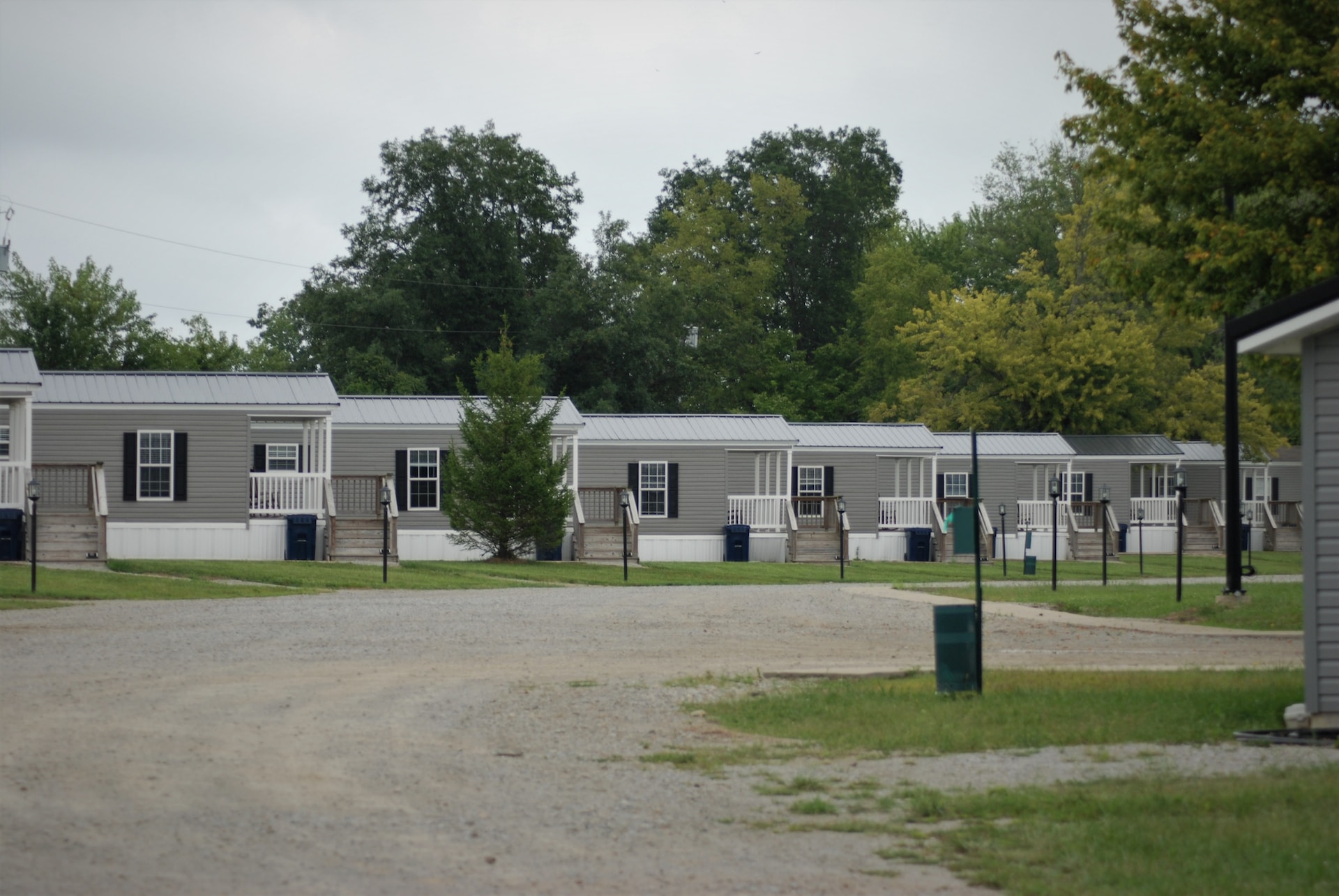
A manufactured home loan is a specialized financing option designed for the purchase or refinance of factory-built homes. These loans cater to the distinct attributes of manufactured homes, ensuring borrowers have access to funding for acquiring or enhancing their manufactured home properties.
RENOVATION HOME LOANS
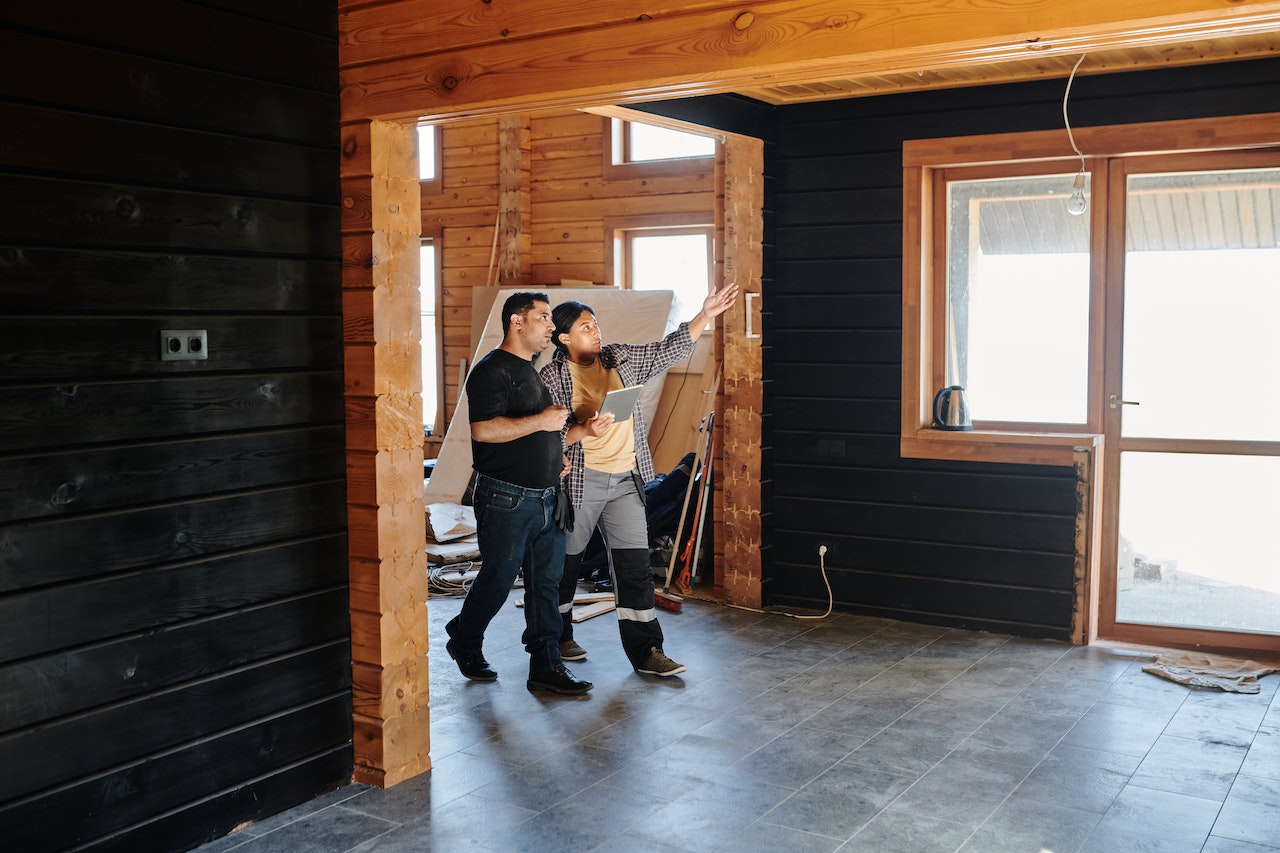
Home renovation loans, or home improvement loans, provide funding for renovating or remodeling existing properties. Whether it’s updating the kitchen, adding an extra room, or making structural improvements, these loans offer homeowners the financial resources needed to enhance their homes.
SECURING YOUR HOME LOAN HAS NEVER BEEN EASIER
Whether you are a first-time homebuyer or are looking to refinance your existing mortgage, PRMG’s Home Mortgage Professionals can provide you with the information and resources you need to make an informed decision. We pride ourselves on our commitment to customer service and will work tirelessly to ensure that you receive the best possible experience.
NON-QUALIFIED LOANS
A non-qualified loan, often called a non-QM loan, differs from conventional and government-backed loans by not meeting set criteria from government-sponsored enterprises or regulatory bodies. Non-qualified loans suit unique financial circumstances, an option for those not meeting traditional loan requirements. Non-qualified loans work well for self-employed individuals, those with unconventional income, or non-standard credit histories. Due to the flexibility of these loans they may have higher interest rates.
NON-QUALIFIED LOANS

A Non-Qualified Loan is a type of mortgage that doesn’t meet standards set by regulatory guidelines. They offer borrowers with unique financial situations financing options inaccessible to them through traditional mortgages requirements.
INTEREST ONLY LOANS
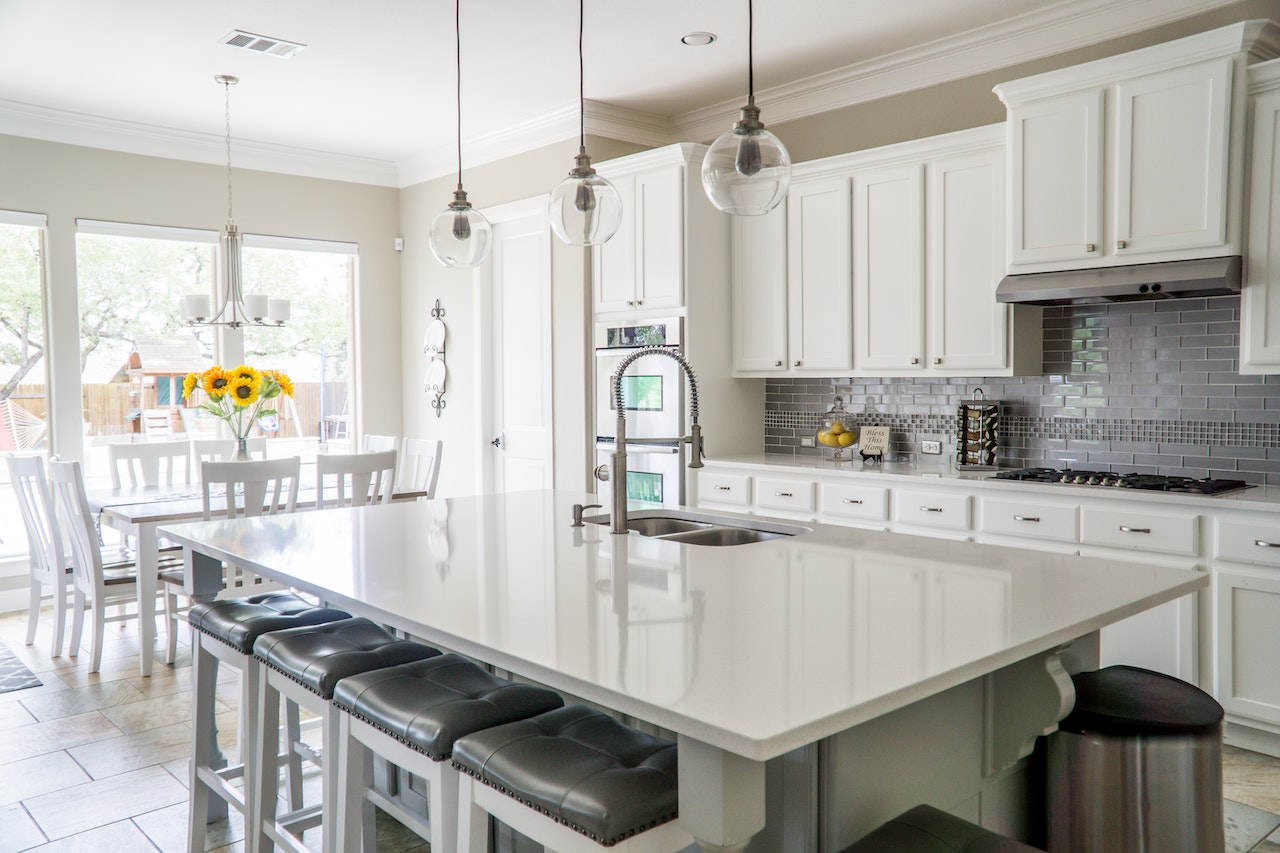
An interest-only mortgage is a type of mortgage in which the mortgagor (the borrower) is required to pay only the interest on the loan for a certain period. The principal is repaid either in a lump sum at a specified date, or in subsequent payments.
NON-CONFORMING LOANS
A non-conforming loan stands apart from conventional and government-backed loans because it doesn’t adhere to the criteria set by government-sponsored enterprises or regulatory agencies. These loans provide flexibility for individuals whose financial situations don’t fit traditional lending requirements. They are especially useful for self-employed individuals, those with unconventional income sources, or individuals with atypical credit histories. Non-conforming loans might carry slightly higher interest rates.
NON-CONFORMING LOANS

Non-conforming loans, also known as jumbo loans, are mortgage options designed for borrowers whose financial circumstances fall outside conventional lending norms. While they provide flexibility, non-conforming loans typically involve higher interest rates and more stringent qualifications.
JUMBO LOANS
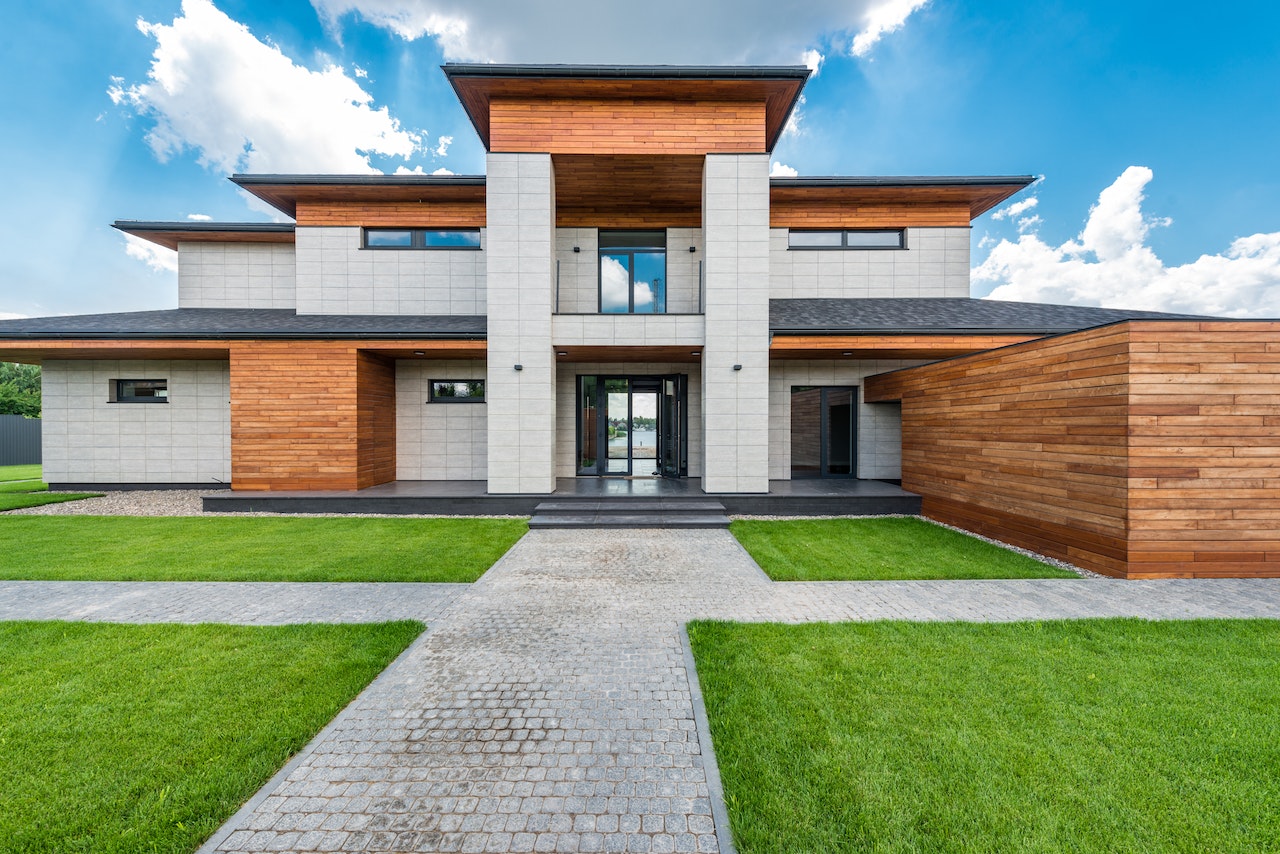
A Jumbo Loan is a mortgage used to finance properties that are too expensive for a conventional conforming loan. The maximum amount for a conforming loan in 2023 is $726,200 in most counties, as determined by the Federal Housing Finance Agency.
